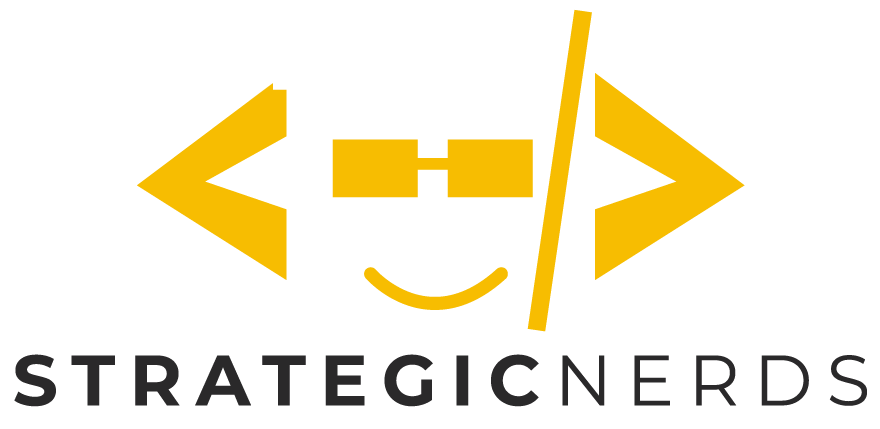Developer Relations, where do you start?

I spoke with someone recently who didn't know where to start with their first hire in Developer Relations. As folks who know me appreciate, I think of the Developer Relations organization as the following distinct functional areas:
- Developer Advocates: they're the spine of your Developer Relations program. They're technical experts, content machines, top-gun spokespeople, and the primary community interface. As I always say, "Trust and integrity are your primary currency, not your products or services." Developer Advocates ooze trust and integrity, always speaking honestly and on behalf of (advocating for) the developer community.
- Developer Product Marketing: the ringleaders of the circus. They coordinate consistent positioning and messaging, launches, customer feedback and discovery, and imbue the rest of the organization with mission and purpose.
- Developer Growth: campaigns, SEO, and digital marketing.
- Developer Marketing: events, social media, comms, and content program management.
- Developer Education: documentation, training, and (if you're big enough) certification.
In later posts, I'll dive into these functional areas and ways for you to improve each.
But back to the matter at hand. Where do you start? If you're a 10-person startup comprised of nearly all engineers, who should be your first hire?
In your initial stages, your founders and engineers must be content machines. It will bring you all closer to the customer and infuse the organization with a Socratic culture of clear thinking and debate.
At the same time, you need someone who can hit the road and be at meetups and events, representing your company. They can also coordinate content and work with the community to amplify it. The bonus is if they can contribute quality posts as well.
My advice if you're an early-stage startup is to find someone fairly junior but very eager and with a strong program management orientation (read: hyper-organized and disciplined, a checklist junkie, a penchant for getting things done.) This person will coordinate content creation across your small engineering team, they will reach out to meetup organizers and be tenacious about getting responses, they will be eager to dive into podcasts, bloggers, and YouTubers to find ways to place your founders for maximum amplification and awareness. If they're also technical, they can author a few blog posts, and, at minimum, author case studies and interface with your customers. They can help organize customer feedback sessions with your team. Thus, your first hire is for Developer Marketing.
As the organization grows, this person's skillset as a polymath will be invaluable. They'll also grow up having built out a bunch of how your internal culture operates on a day to day basis. How do people collaborate? How do you address people who don't follow through on their verbal commitments? How do you make sure people are listening to customer feedback?
Your second hire after this first individual should be your first true Developer Advocate. You will know you’re ready for a Developer Advocate when you (forgive the facetiousness) have a product worth advocating for. Your product should be in the hands of customers who are actively using it and providing feedback. The sentiment should be positive and close to product-market fit. Your first few blog posts were successful and you’re on something of a groove in the tone and quality of your content. Maybe you’ve spoken at a few meetups or events and found the experience to be positive. At this point you’ve built a strong foundation for Developer Advocacy.
From here, as you gain confidence, think about hiring your first Developer Growth person. Start building systems around digital growth, using content from Developer Advocates and programs from your first Developer Marketing hire.
I definitely think you can be too early in hiring Product Marketing. In the early stages, your best PMM is going to be the founders. They’re the ones who can bridge customer feedback and product vision to identify messaging. You won’t need a dedicated Product Marketing Manager until you either have a sales team or predictable engineering ship schedule. At this point you’re looking for someone who can translate founder-driven vision and messaging into a sales enablement program or launch process, respectively. Eventually, you will need PMM to support messaging and customer behavior research, but in the early stages these activities will be most effective when driven by the founders.
Looking for help setting up your team? Reach out and let me know!
